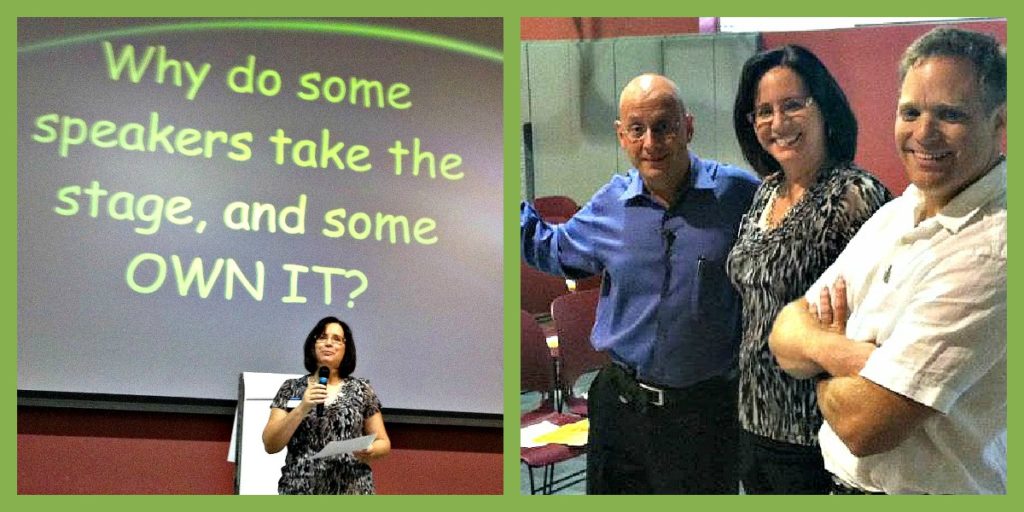Division B Humorous Speech and Evaluation Contest will be coming soon. Witness talented speakers showcasing their wittiness and evaluation skills. Grab your tickets fast!
Date : 13th Oct 2012
Time : 1.30pm
Venue : Taylor’s University Lakeside Campus
Tickets selling at RM10 until 30th Sept 2012, RM15 after 30th Sept 2012.
For more information please Contact
Area B1 Governor, Joyce Hue - 012 912 6557
Area B2 Governor, Ai Ling - 012 523 5667
Area B3 Governor, Joyce Loh - 016 986 1331
Area B4 Governor, Saw Bee - 012 202 8855
Area B5 Governor, Sok Teng - 012 926 3311
Area B6 Governor, Albert Chua - 012 334 1745


.jpg)
.jpg)
.jpg)





